The evolution of Massachusetts minimum wage history traces a trajectory of legislative reforms, social movements, and economic shifts.
From its inception to the present day, minimum wage laws in Massachusetts have undergone significant changes in response to workers’ evolving needs and rights.
This journey encompasses pivotal moments such as the enactment of the state’s first minimum wage law in 1912, the impact of the post-World War II boom on wage standards, and ongoing efforts to address contemporary challenges of income inequality and economic security.
By examining the historical context and policy developments surrounding Massachusetts minimum wage, we gain insight into the state’s broader struggle for labour rights and economic justice.
This exploration serves as a vital foundation for understanding the complexities of wage regulation and its implications for workers’ well-being and societal progress.
Overview of Early Labor Conditions in Massachusetts
Early labour conditions in Massachusetts, particularly during the 19th and early 20th centuries, were marked by significant challenges and exploitation for workers.
Massachusetts was a hub of industrialization, with textile mills, factories, and other industries proliferating in cities like Lowell, Lawrence, and Fall River.
Textile Mills
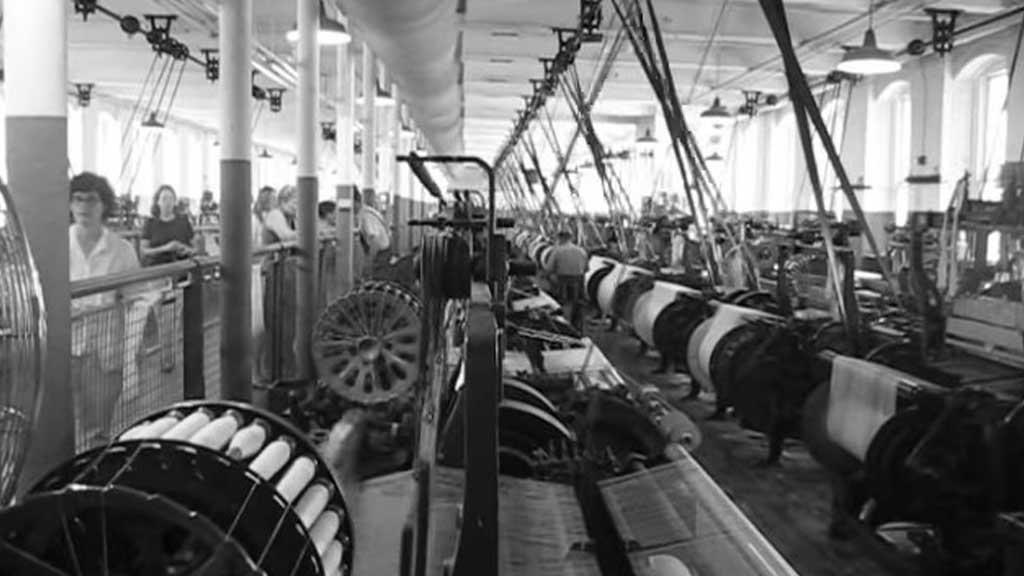
The textile industry was one of the largest employers in Massachusetts during this period. Workers, predominantly women and children, toiled for long hours in harsh conditions.
They faced low wages, dangerous machinery, and inadequate safety measures. The “Lowell System,” named after Lowell, Massachusetts, employed young, unmarried women from rural areas in factory work.
While it provided some women with economic independence, it also subjected them to gruelling labour conditions.
Child Labor
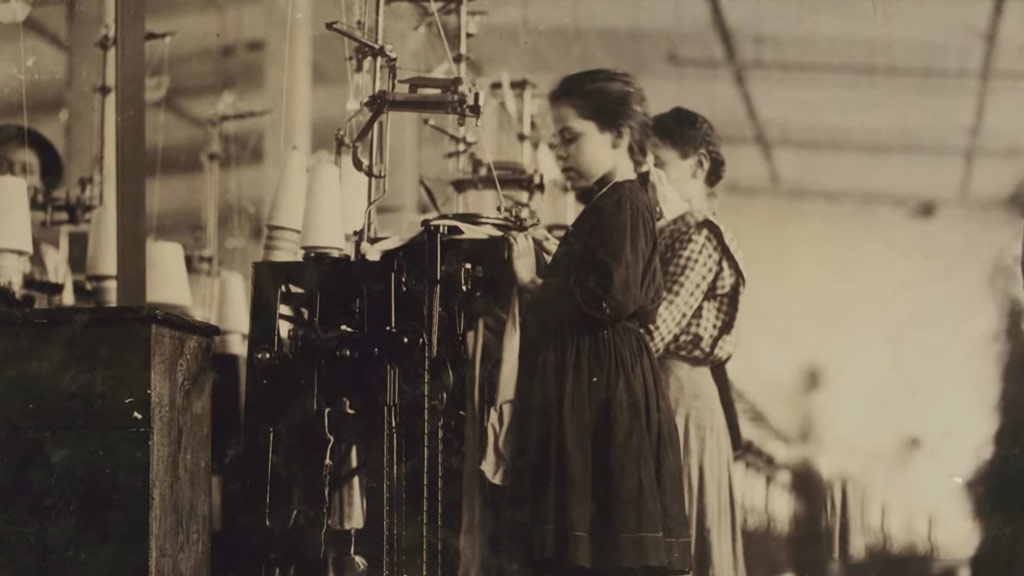
Child labor was rampant in Massachusetts industries. Children as young as six years old were employed in factories, often working alongside adults for minimal pay.
They endured the same strenuous conditions as adult workers and often suffered from injuries and illnesses due to their work environment.
Working Hours
Workdays were excessively long, often spanning 12 to 16 hours or more.
The concept of a 40-hour workweek and regulations regarding overtime pay were nonexistent. Workers had little to no leisure time and struggled to make ends meet with their meagre wages.
Safety and Health Concerns
Safety regulations were virtually nonexistent, and employers prioritized profit over worker well-being. Accidents were common due to hazardous machinery, lack of safety protocols, and overcrowded workspaces.
Workers faced risks of injury, amputation, and even death on the job. Additionally, poor ventilation and unsanitary conditions in factories led to health issues such as respiratory diseases and tuberculosis.
Labor Strikes and Unions
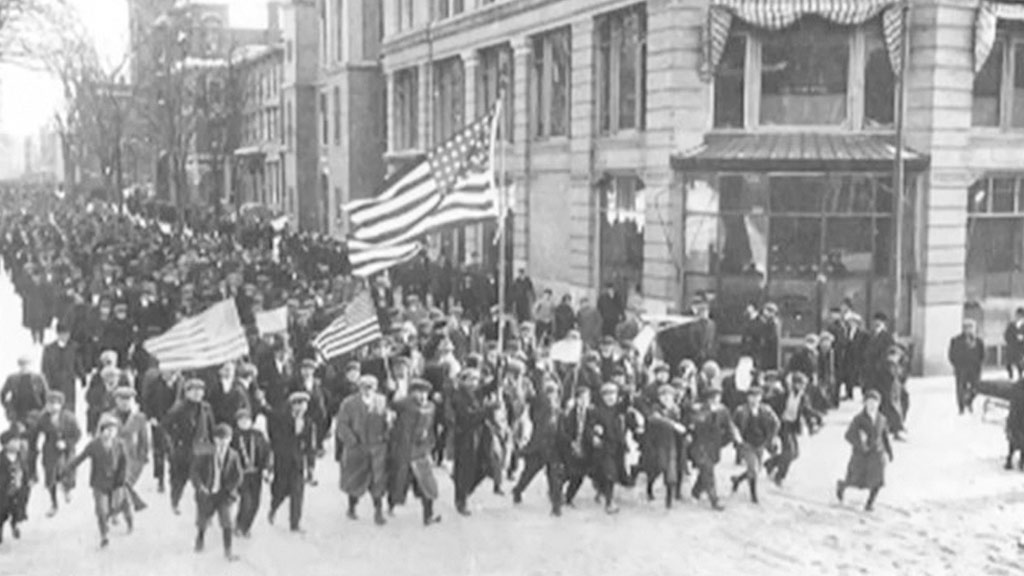
In response to these dire conditions, workers organized strikes and formed unions to demand better wages, shorter hours, and improved working conditions.
Notable strikes include the Bread and Roses Strike in Lawrence in 1912, where textile workers protested wage cuts and poor working conditions, and the Great Railroad Strike of 1877.
It began in Martinsburg, West Virginia, but quickly spread to other states, including Massachusetts, demanding better pay and working conditions for railroad workers.
Legislative Reforms
Over time, public outcry and pressure from labor unions led to legislative reforms to improve labor conditions.
Massachusetts passed various labor laws, including child labor restrictions, minimum wage laws, and regulations regarding working hours and workplace safety.
These reforms were often the result of hard-fought battles between labor activists and industrialists.
Early labor conditions in Massachusetts were characterized by exploitation, poverty, and inequality.
Gradual improvements were made through the resilience and collective action of workers, laying the groundwork for modern labor rights and protections.
Progressive Era in Massachusetts Minimum Wage History
During the Progressive Era in Massachusetts, which roughly spanned from the late 19th century to the early 20th century, there were significant advancements in labor rights and regulations, including establishing minimum wage laws.
Here’s an overview of the minimum wage history during this period:
Late 19th Century
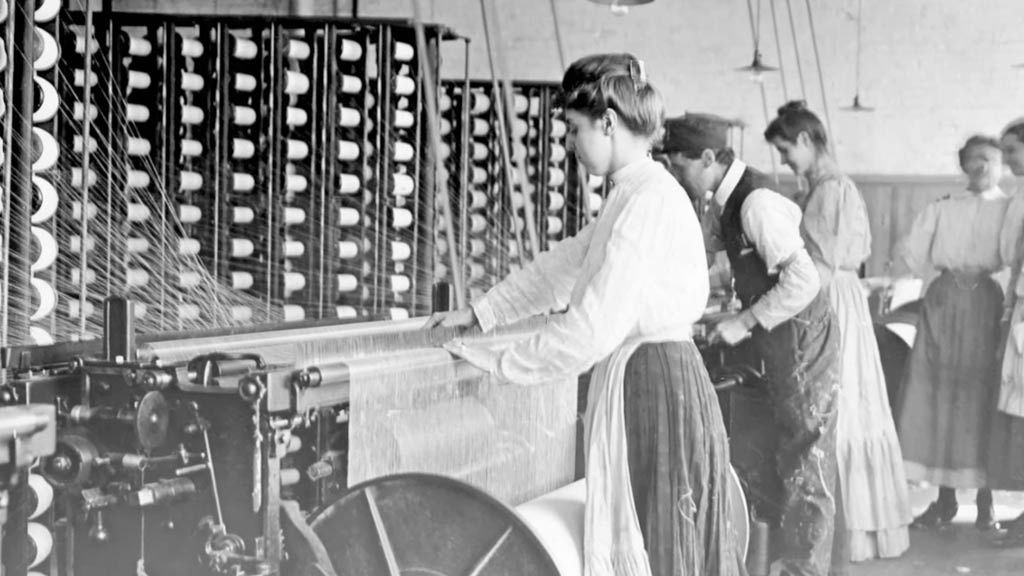
At the outset of the Progressive Era, Massachusetts had no statewide minimum wage laws. Workers, particularly those in industries such as textiles and manufacturing, faced exploitative labor conditions with low wages and long hours.
Labor Activism and Reform
The Progressive Era was marked by widespread labor activism and reform efforts. Labor unions, social reformers, and political leaders advocated for better working conditions, fair wages, and worker protections.
Minimum Wage Movement
The movement for minimum wage legislation gained momentum during the Progressive Era as part of broader labor reform initiatives.
Advocates argued that establishing a minimum wage would ensure that workers received basic compensation for their labor and help alleviate poverty and exploitation.
1912: First Minimum Wage Law
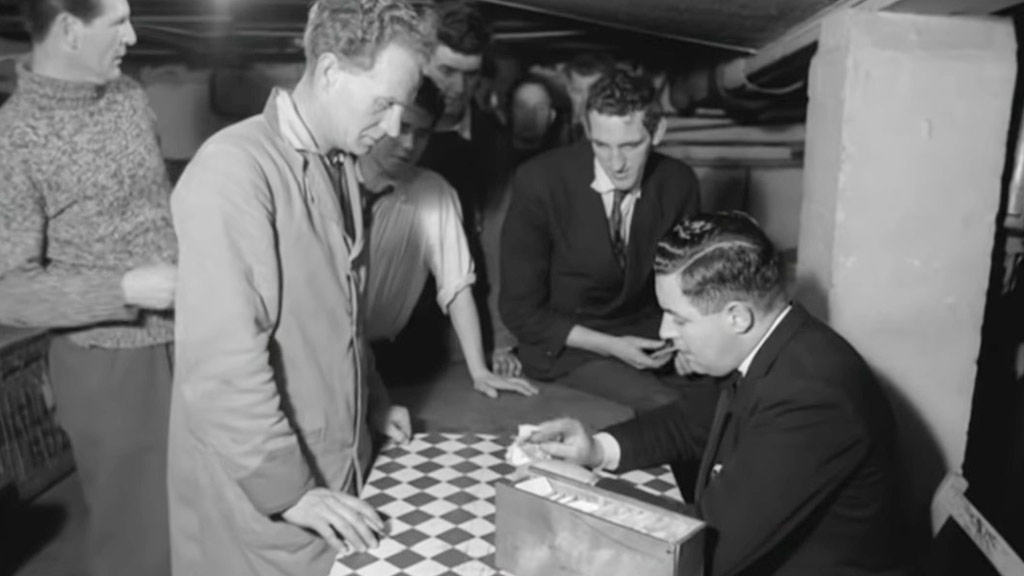
1912 Massachusetts became one of the pioneering states to enact a minimum wage law. The law primarily targeted women and minors in certain industries, particularly those deemed to be “sweated” or characterized by low wages and poor working conditions.
The minimum wage was set at a predetermined rate, providing a measure of protection for vulnerable workers.
Legal Challenges and Expansion
Implementing minimum wage laws faced legal challenges, with opponents arguing that such laws infringed upon freedom of contract and interfered with market dynamics.
However, progressive legislators and activists continued to push for expanding minimum wage protections and extending coverage to more workers.
Subsequent Reforms
Over the following decades, there were further reforms and adjustments to minimum wage laws in Massachusetts.
These included periodic increases in the minimum wage rate to keep pace with inflation and rising living costs and amendments to expand coverage to additional industries and categories of workers.
Continued Advocacy and Evolution
The Progressive Era laid the foundation for ongoing advocacy and evolution of minimum wage laws in Massachusetts and across the United States.
Subsequent generations of activists, policymakers, and labor organizations continued to champion fair wages and improved working conditions, leading to further reforms and advancements in labor rights.
The Progressive Era in Massachusetts saw the establishment of minimum wage laws as part of broader efforts to address social and economic inequalities and improve workers’ lives.
These early reforms set the stage for the ongoing struggle for labor rights and economic justice in the state and beyond.
Massachusetts Minimum Wage in Post-World War II Boom
During the post-World War II boom in Massachusetts, the minimum wage experienced several changes and developments as the economy expanded and labor laws evolved.
Here’s an overview of the Massachusetts minimum wage during this period:
Economic Expansion
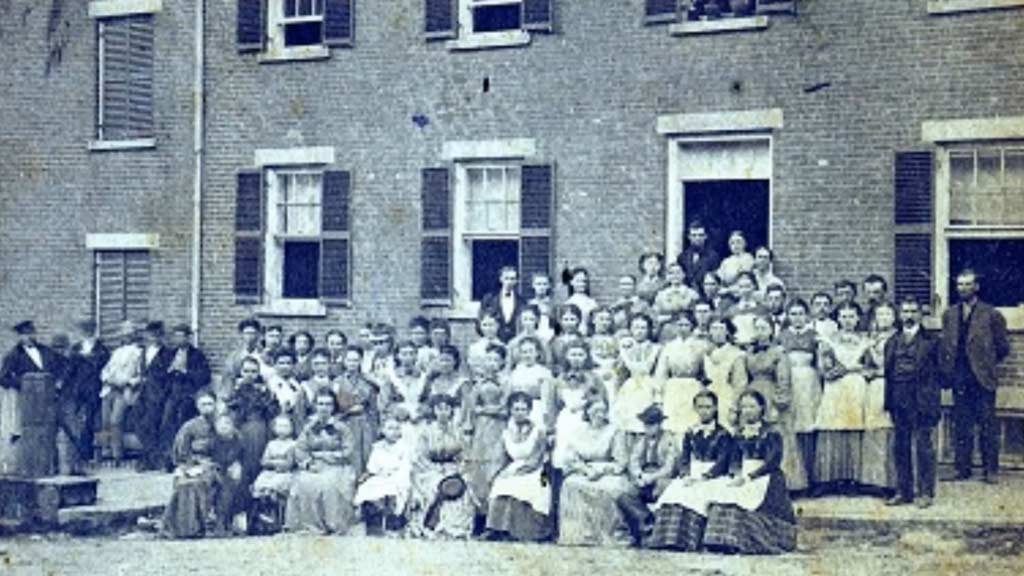
The post-World War II period witnessed significant economic growth and prosperity in Massachusetts, fueled by industrialization, technological advancements, and increased consumer demand.
The state’s economy diversified, with growth in manufacturing, finance, and healthcare sectors.
Federal Minimum Wage Act of 1938
The Federal Minimum Wage Act of 1938, a landmark piece of legislation enacted during the Great Depression, established a federal minimum wage to ensure fair compensation for workers nationwide.
However, individual states retained the authority to set their own minimum wage rates, provided they met or exceeded the federal standard.
Impact on Massachusetts
Massachusetts typically aligned its minimum wage with the federal rate established by the Fair Labor Standards Act (FLSA).
Throughout the post-World War II boom, the federal minimum wage experienced periodic adjustments in response to economic conditions and legislative changes at the national level.
Rising Living Costs
As the cost of living increased during the post-war period, there were calls for higher minimum wages to keep pace with inflation and rising expenses.
Workers and labor organizations advocated for wage increases to ensure that employees could afford essential goods and services.
Legislative Changes
Massachusetts periodically adjusted its minimum wage to reflect changing economic realities and social priorities.
These adjustments often occurred through legislative action at the state level, with policymakers considering factors such as inflation, productivity, and prevailing wage trends.
Labor Movement
The post-World War II era also saw continued activism and advocacy by labor unions and workers’ rights organizations.
These groups campaigned for higher wages, improved working conditions, and greater protections for workers in Massachusetts and nationwide.
Federal Reforms
In addition to state-level changes, federal minimum wage laws underwent revisions and updates during the post-World War II period.
Amendments to the FLSA, such as the Fair Minimum Wage Act of 1963 and subsequent legislation, sought to raise the federal minimum wage and expand coverage to more workers.
Impact on Workers
Higher minimum wages during the post-war boom helped improve the living standard for many Massachusetts workers, providing greater economic security and purchasing power.
However, disparities in wages and opportunities persisted, particularly for marginalized communities and minority groups.
The post-World War II boom in Massachusetts was characterized by economic growth, social change, and evolving labor laws, including adjustments to the minimum wage to address the needs of workers and promote economic stability.
FAQs
When did Massachusetts align its minimum wage with the federal rate?
Massachusetts typically aligned its minimum wage with the federal rate set by the Fair Labor Standards Act (FLSA).
This practice ensured consistency with national standards while allowing for periodic adjustments in response to economic conditions and legislative changes.
What role did the post-World War II period play in Massachusetts minimum wage history?
During the post-World War II boom, Massachusetts experienced economic growth and rising living costs.
This period saw adjustments to the minimum wage to keep pace with inflation and ensure fair compensation for workers, reflecting broader social and economic changes.
How have labor movements influenced Massachusetts minimum wage laws?
Labor unions and workers’ rights organizations have played a significant role in advocating for higher minimum wages and improved working conditions in Massachusetts.
Their activism has contributed to legislative reforms and adjustments aimed at addressing the needs of workers and promoting economic justice.
What recent developments have impacted Massachusetts minimum wage?
In recent years, Massachusetts has pursued incremental increases to the minimum wage through legislative action.
These efforts reflect ongoing debates over income inequality, living wages, and economic security as policymakers seek to balance the needs of workers with the demands of businesses.
Wrapping Up
In tracing the history of Massachusetts minimum wage, we uncover a narrative of progress shaped by social movements, legislative reforms, and economic dynamics.
From the pioneering efforts of the Progressive Era to the post-World War II boom and beyond, the evolution of minimum wage laws reflects the ongoing struggle for labour rights and economic justice.
While significant strides have been made to improve wages and working conditions, challenges persist in ensuring fair compensation and opportunity for all workers.
As Massachusetts grapples with issues of income inequality and economic disparity, it is essential to remain vigilant in advocating for policies that promote dignity and equity in the workplace.
Jaclyn Lowe